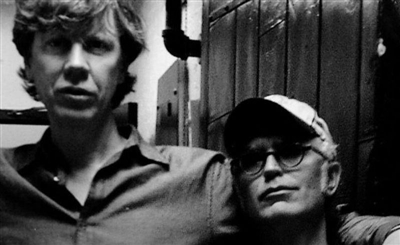Retro Noise: Ghany Ya Simsimiyya & Music as Resistance
"The simsimiyya gives voice to those whom history forgets," Egyptian poet Ibrahim Al-Mursi.
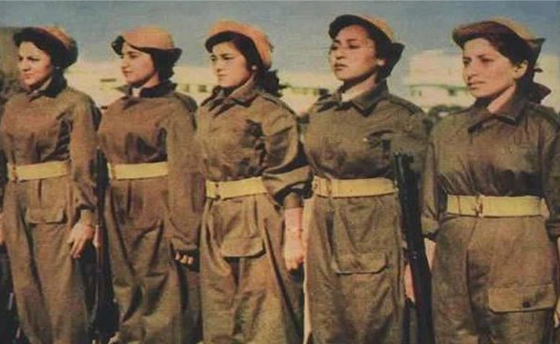
In the tumultuous aftermath of the Naksa, or Six-Day War, Egypt's Suez Canal bore witness to the birth of a powerful anthem: "Ghany Ya Simsimiyya." Penned by Mohamed Ghazali, also known as Captain Ghazali, a figure renowned for his prowess as a folk singer, poet, and athlete, this song emerged as a rallying cry for those who refused to yield to oppression.
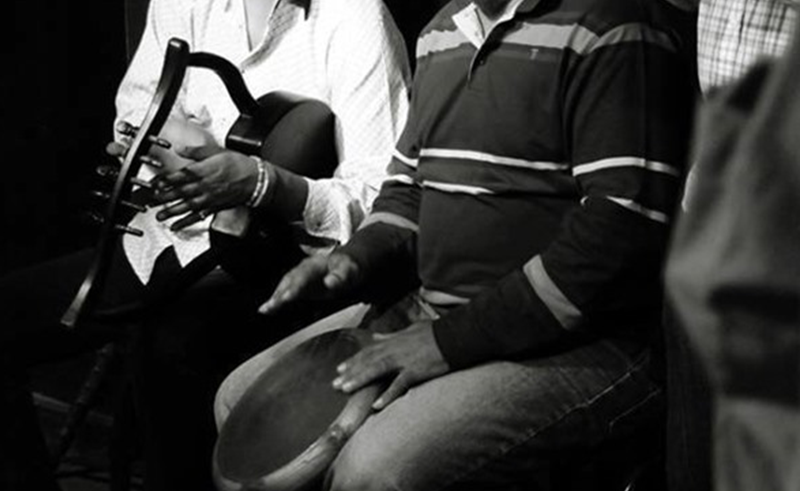
The origins of "Ghany Ya Simsimiyya" trace back to the 1956 Suez Crisis, a pivotal moment in Egyptian history marked by forced displacement and upheaval. As families packed their homes amid the chaos of violence waged by Israeli forces, Ghazali's verses, with their poetic call to action, more fervent prayer, kept them going.
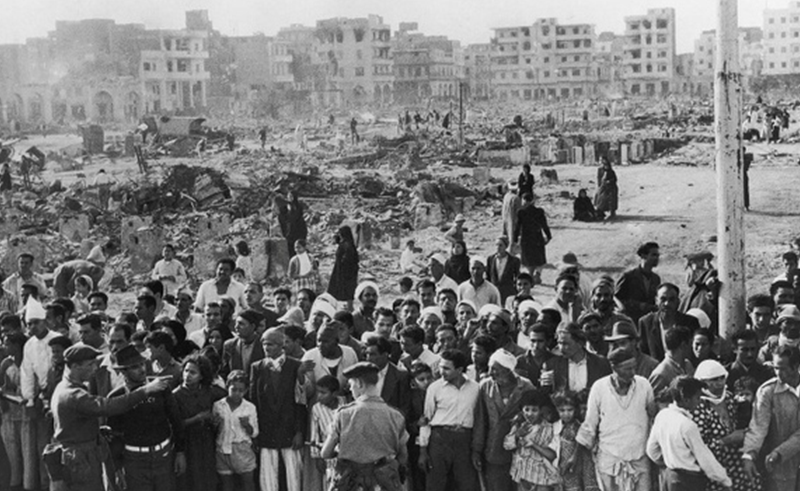
The song is a direct challenge to the dismissal of the arts as a political tool, especially when people have - and will always - gather and mourn through the sharp sound of the simsimiyya. The song's resonance extended beyond its lyrical content, encompassing the very essence of the simsimiyya itself as a tool to mobilise people. In the lyrics, a plea to the instrument is made to continue to sing and resist, whereby the instrument becomes a weapon and a tool to mobilize the people, specifically the working class 'al u’mal' as per the lyrics.
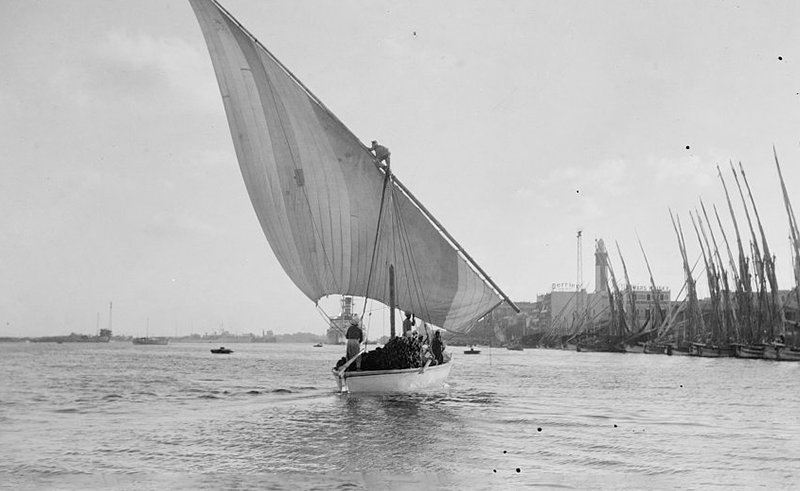
Originating as a traditional instrument played by harbour workers and fishermen in cafes along the Suez Canal, the simsimiyya evolved into a symbol of resistance against colonial forces during the 1956 and 1967 wars. The instrument is a form of lyre, a stringed instrument transported to the towns along the Canal from Sudan via the coastline.
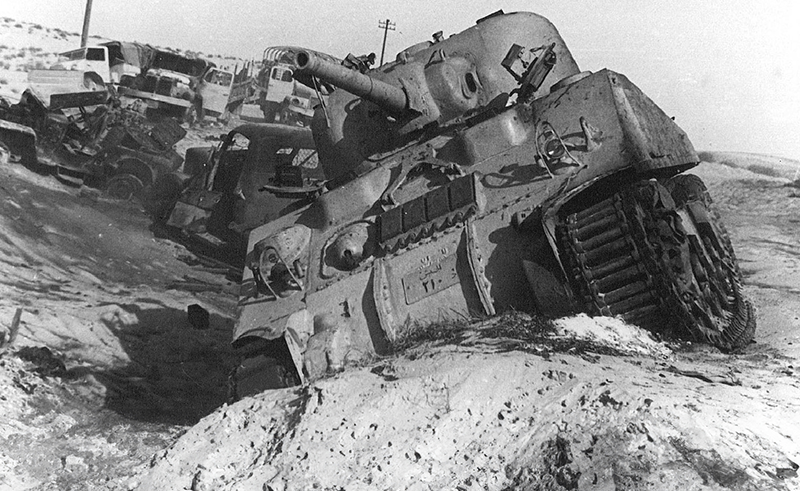
"The simsimiyya gives voice to those whom history forgets," said Egyptian poet Ibrahim Al-Mursi. The instrument's journey mirrored that of the Egyptian people, embodying their struggle for liberation and self-determination. Despite being born from the womb of defeat, "Ghany Ya Simsimiyya" is a celebratory war cry, still sung today, and still finding its way with a joyful melody to bring people together.
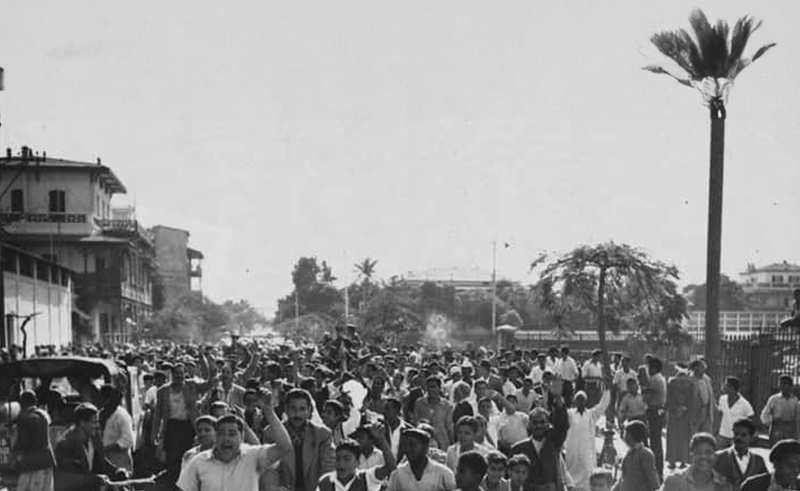
Ghazali passed away in 2017 at the age of 88, and still to this day is remembered for his role in leading the armed resistance against Israel in 1967. His role was deemed significant to the extent that he became a direct collaborator with the Egyptian army, founding a band with the Armed Forces’ Department of Morale Affairs. The band was named Awlad al-Ard (Children of the Land), and its focus became raising soldiers’ morale.
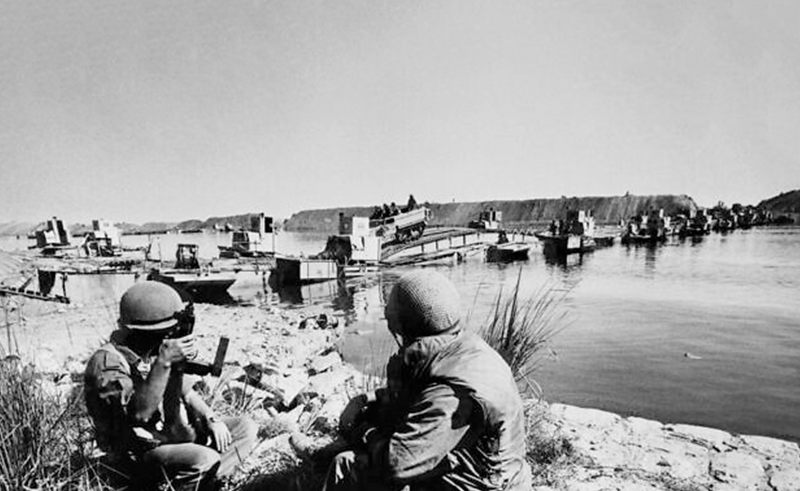
Following Gamal Abdel Nasser's death in September 1970, there was a notable divide between Ghazali's Awlad al-Ard and the government. Anwar Sadat's "corrective revolution" in May 1971 resulted in the removal of the Nasserist faction from the government, a faction Ghazali admired for carrying on Nasser's legacy. With Sadat's diplomatic efforts to resolve Israel's occupation and increasing student unrest, Ghazali was drawn to the student movement, composing songs that denounced the regime and called for war. Ghazali's provocative songs led to his arrest on March 7, 1973, and he was subsequently exiled from Suez to Kafr al-Sary, a village in Banha, where he lived under house arrest. Additionally, the band's headquarters were raided and its members were scattered.
غنّي يا سمسمية
لرصاص البندقية
ولكل إيد قوية
حاضنة زنودها المدافع
***
غني لكل دارس
في الجامعة و المدارس
لمجد بلاده حارس
من غدر الصهيونية
***
غنّي لكل عامل
في الريف و في المعامل
بيأدي الواجب كامل
وادّيله ورده هدية
***
غنّي ودق الجلاجل
مطرح ضرب القنابل
راح تطرح السنابل
ويصبح خيرها ليّا
Trending This Month
-
Jan 29, 2026



